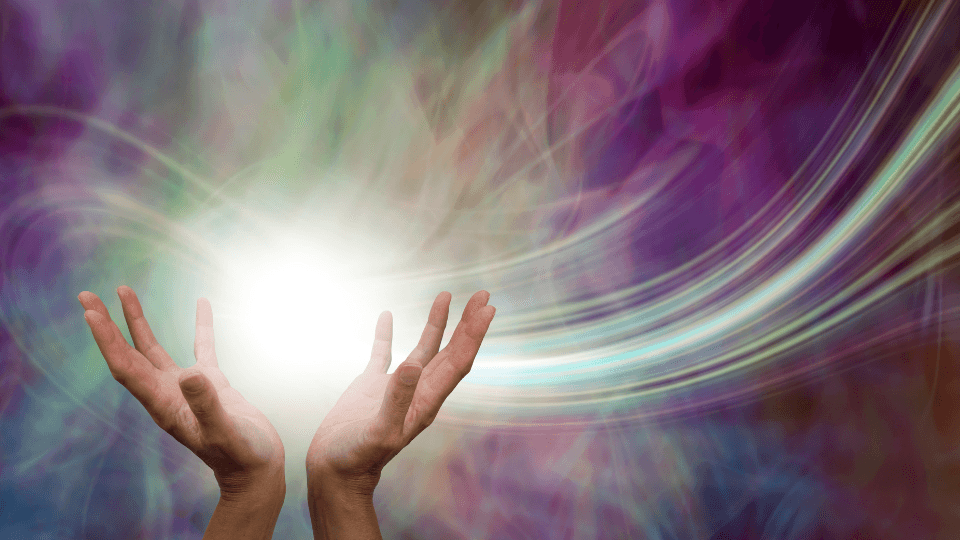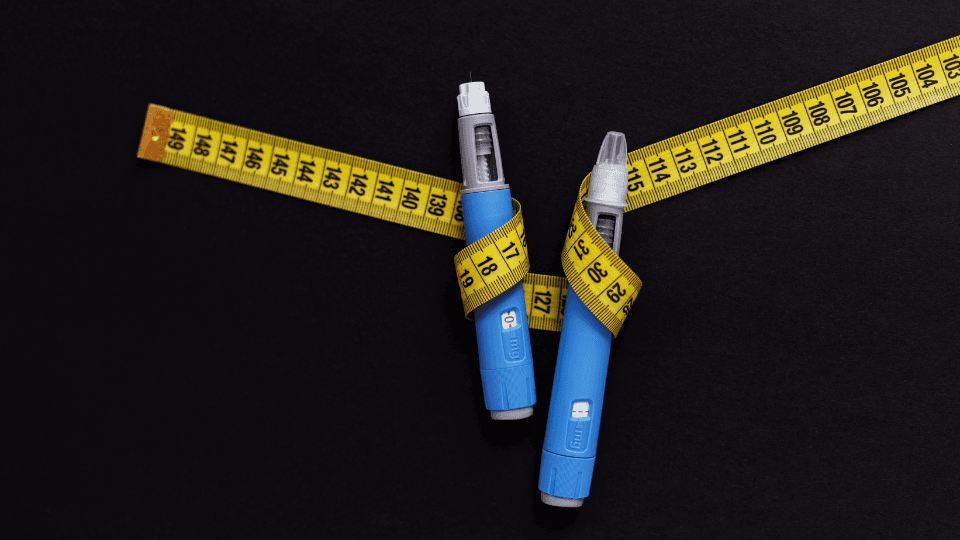Back
11 Nov 2022
Energy drinks

Gabriella Florence | Sports Scientist
Build me up just to tear me down
The popularity of energy drinks has soared since the early 2000s. In fact, the global energy drinks market is expected to reach a staggering $86.01 billion by 2026. Unsurprising, perhaps, given the monstrous (pun intended) marketing budgets behind some of these brands. If the bright colours and tantalizing flavours aren’t tempting enough, the marketing promise that energy drinks will “give you wings” certainly adds to the temptation. But is this promise justified or is it too good to be true?
Energy drinks are classified based on the inclusion of a stimulant compound along with high caffeine, sugar, and vitamin contents. These four ingredients (unsurprisingly) leave you feeling energised and ready to tackle the tasks on your to-do list. However, most marketing efforts don’t highlight that the energy spike is short-lived and likely to be followed by a contrasting dip – leaving you tired all over again and ready to grab a second energy drink.
What are the common ingredients in energy drinks?
Caffeine: consuming up to 400mg of caffeine per day appears to be a safe cutoff for most healthy adults (roughly 4 cups of coffee). Did you know that some energy drinks can pack up to 160mg of caffeine per 500ml can?
Energy stimulants, specifically taurine, ginseng, guarana, and carnitine, exacerbate the effects of caffeine.
Sugar and sweeteners, including sucrose, glucose, sucralose, and maltodextrin are rapidly absorbed, causing an energy burst.
Vitamins: some energy drinks exceed the recommended daily allowance of B vitamins by up to 600%, while other vitamins are listed as an ingredient (with no details pertaining to their quantities).
What are the pros and cons of consuming energy drinks?
The most well-researched benefit of energy drinks is the ergogenic effect for endurance performances.
Some studies have also shown increased alertness, improved memory and mood, and faster reaction times.
However, these benefits are attributed to the effects of caffeine - rather than the energy drink itself. A strong coffee can give the same benefits without added sugar and energy stimulants.
The cons related to consuming energy drinks include:
Feelings of anxiety, insomnia, and restlessness due to the high caffeine content. Consumers may also experience muscle twitches and headaches.
Arrhythmias and aneurysms with overconsumption (which can be fatal).
Vomiting, nausea, diarrhoea, and sweating with excessive consumption.
Increased risk for obesity and type 2 diabetes due to the high sugar content.
Dental erosion and hypersensitivity.
The next time you’re tempted to grab an energy drink, try one or more of these 10 natural energy-boosting methods instead:
Eat well-balanced meals and snacks throughout the day to avoid a drop in sugar levels. Whole foods rich in protein, unsaturated fats, and fibre provide a natural energy boost.
Drink water. Dehydration can cause you to feel fatigued.
Exercise stimulates the release of endorphins and dopamine and enhances your body’s oxygen capacity – increasing your energy levels.
Obtain 7-9 hours of sleep per night to be well-rested for the day ahead.
A 20–60-minute power nap can increase alertness, reduce stress, and boost energy levels.
Spend time outside. Exposure to fresh air, natural light, and Vitamin D (from the sun) works wonders for refreshing the mind.
Have a cold shower. Submersion in cold water can increase your heart rate, metabolism, and blood flow – contributing to a surge in energy.
Practise meditation, yoga, or journaling. This may reduce stress, sparing your energy for other activities of daily living.
Create a to-do list. Set out your priorities and plan ahead when possible.
Have a vent session - negative thoughts and emotions can be significant energy drainers.













